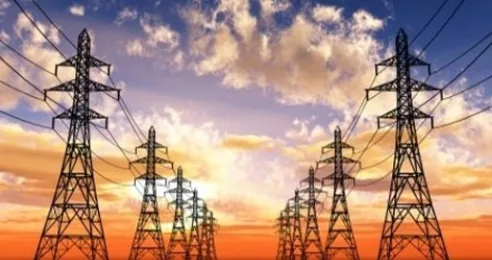
AMN / NEW DELHI
The Asian Development Bank (ADB) and the Government of India have signed a $ 231 million loan agreement to augment electricity generation capacity in the state of Assam through construction of a 120 megawatts (MW) hydroelectric power plant that will enhance availability of electricity for households.
This is the third tranche loan for the ongoing Assam Power Sector Investment Programme that was approved by the ADB Board in July 2014. The programme, including its two previous tranches, focuses on enhancing capacity and efficiency of the energy generation and distribution systems in Assam to improve electricity service to end users.
The signatories to the loan agreement were Dr. C. S. Mohapatra, Additional Secretary, Department of Economic Affairs in the Ministry of Finance who signed for the Government of India, and Mr. Hoe Yun Jeong, Officer-in-Charge of ADB’s India Resident Mission, who signed for ADB.
After signing the loan agreement, Dr Mohapatra stated that the project will add to Assam’s power generation capacity from clean hydroelectric source and improve electricity availability.
“Increased supply of affordable and clean electricity facilitated through the project will help improve living conditions, promote business expansion, and increase employment opportunities in the state beside reducing greenhouse gas emissions,” said Mr. Jeong.
The proposed hydroelectric project is run-of-the-river project over Kopili river which will help increase electricity supplied from clean energy by 469 gigawatthour (GWh) by 2025 and reduce greenhouse gas emissions by 360,000 tons of carbon dioxide annually. Part of the loan will be used for project capacity building of Assam Power Generation Corporation Limited (APGCL) on construction, operations and maintenance and safeguards. The project will finance APGCL’s enterprise resource planning system. It will also contribute to improving gender equity by enhancing the gender capacity of APGCL and improve women’s participation and contribution in training and community led interventions.
A $2 million grant from Japan fund for poverty reduction (JFPR) is also associated with the project to finance equipment and consulting services to improve capacity for resource management and community resilience.
ADB is committed to achieving a prosperous, inclusive, resilient, and sustainable Asia and the Pacific, while sustaining its efforts to eradicate extreme poverty. Established in 1966, it is owned by 68 members—49 from the region.
